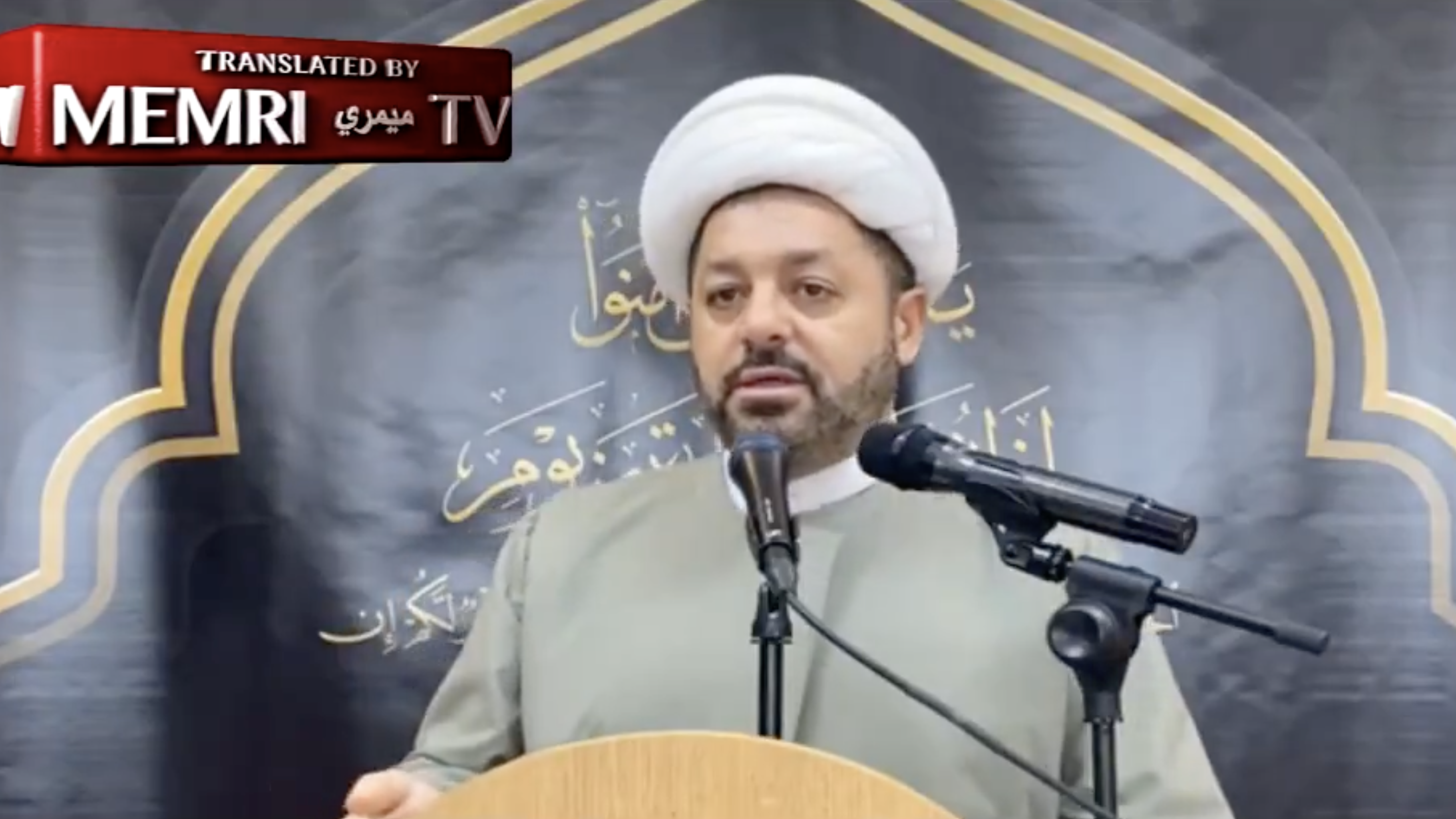Original Sins
Erwin Chemerinsky, law school dean at the University of California-Berkeley, is an accomplished, extensively published scholar. In 2017 he was named America’s most influential legal educator by National Jurist magazine. Formerly the founding dean of the law school at the university’s Irvine campus, he received awards from both the Anti-Defamation League and the American Association of Law Schools, and has litigated cases before the Supreme Court.
Considering his august academic standing, Chemerinsky is also, as the title of his latest book indicates, remarkably opinionated and sometimes rabidly partisan: I know of no other respected contributor to the debate over whether interpretations of America’s fundamental law should be guided by the intent of its authors or ratifiers who has gone so far as to dismiss his learned opponents’ views as “worse than nothing.”
Before proceeding, a word of explanation is in order. The term “originalism,” reportedly coined by one of its previous academic critics, Paul Brest, in the 1980s, refers to a movement that developed among conservatively inclined legal scholars in the last decades of the 20th century as a reaction against what were perceived as the abuse of the Supreme Court’s power of constitutional interpretation under chief justices Earl Warren and Warren Burger (continuing at a slower pace under chief justices William Rehnquist and John Roberts) so as to read into the Constitution all sorts of rights that had no evident grounding in its text—and which were seen by many Americans as destructive of the moral foundations of our civic life.
Take, for example, Roe v. Wade’s inventing a constitutional right to abortion; the 2015 ruling in Obergefell v. Hodges establishing a right to same-sex marriage; earlier decisions providing constitutional protection to pornographic materials, treated as forms of “speech”; others transforming the First Amendment’s prohibition on the establishment of religion into a requirement of strict government neutrality between religion and irreligion, such that the reading of a nondenominational blessing at a public middle-school graduation was banned (lest it offend the sensibilities of agnostics or atheists); and the expansion of the rights of accused criminals, including the application of the “exclusionary rule” to state and local proceedings, weakening the ability of courts to convict and punish them.
Rather than a novel theory, originalism reflected what most judges had traditionally thought their duty to be, in accordance with the role assigned them by Alexander Hamilton in Federalist 78: to defend the Constitution
" Conservative News Daily does not always share or support the views and opinions expressed here; they are just those of the writer."





